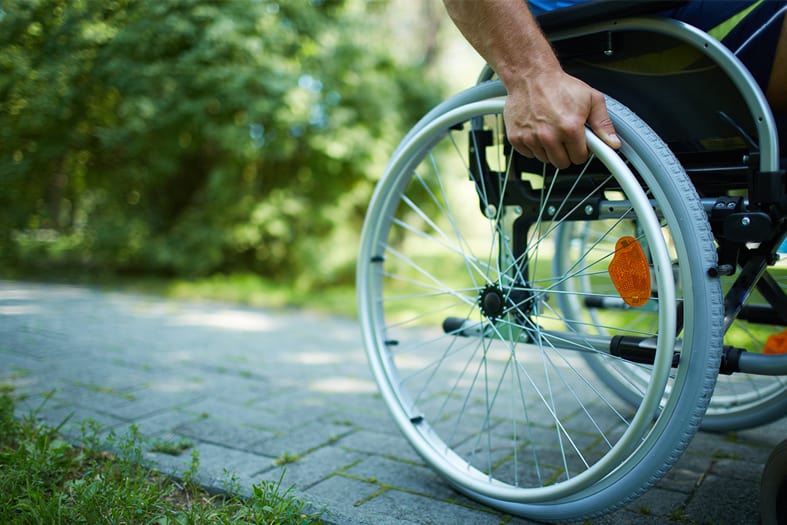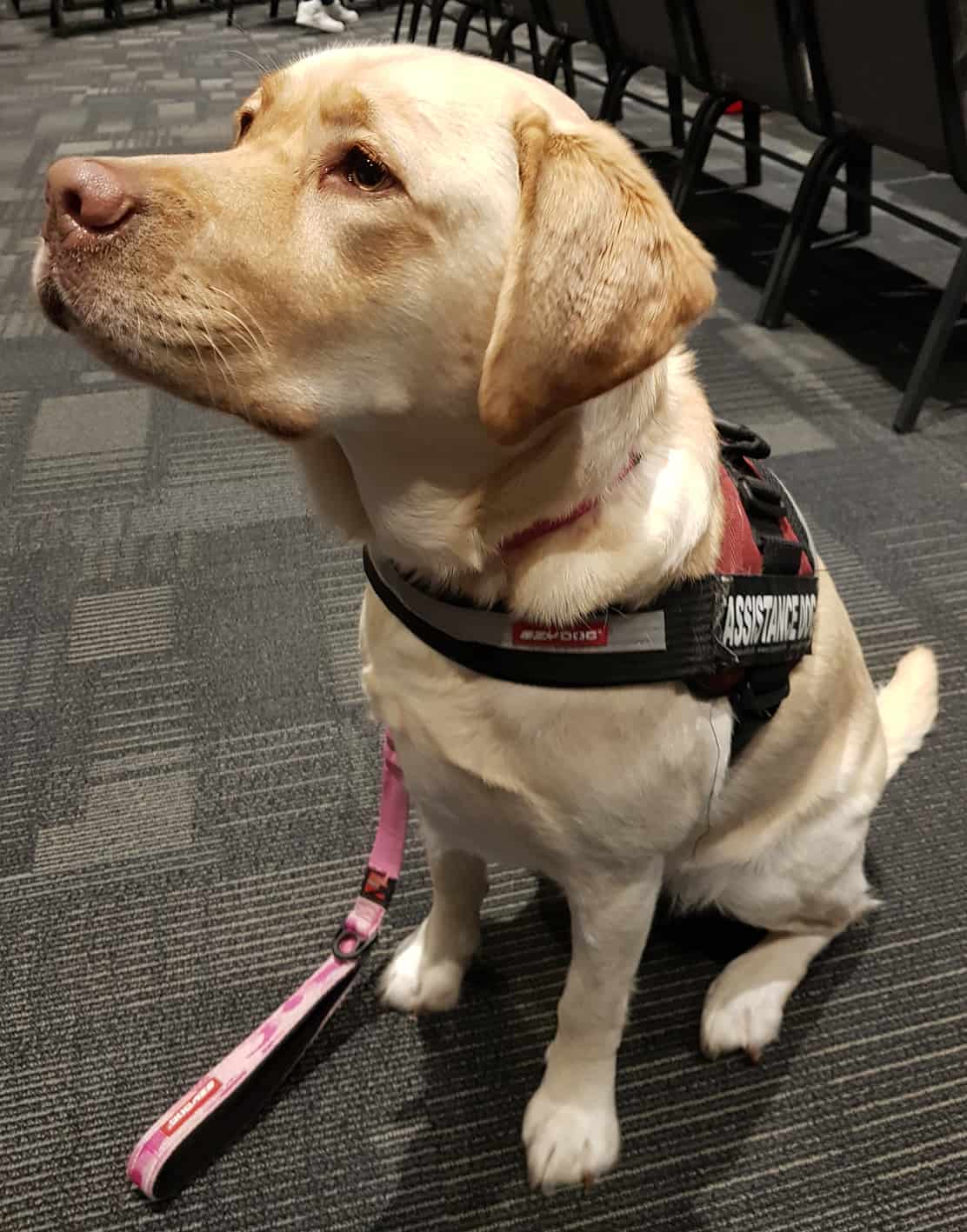Accessibility
Wheelchair Access
We have several primary parks allocated at the entrance to our accessible buildings.
Several ramps allow entry to outdoor buildings as well as our main stage.
Double doors lead into our auditorium and wheelchair spaces are available during our services.
A disabled toilet is located in the foyer and our cafe is also fully accessible.
If you are unable to physically attend, we provide online services.


Children With Additional Needs
We are keen to provide Kids Church and Fuse Youth experiences for children with additional needs, where possible, but each child’s individual needs determine whether this is possible.
Most of our volunteers are untrained in Disability Support and are therefore unable to support children with additional needs. To ensure that your child is well supported, our Kids and Fuse Youth Ministry Leaders may require a parent, trained adult or Disability Support Worker to accompany your child during program sessions.
Please contact Genny Smith (Youth Pastor) or Glennie Eades (Kids Pastor) if you would like to speak to us about your child’s involvement.
Genny Smith (Youth Pastor) email: genny@bcoc.com.au
Glennie Eades (Kids Pastor) email: glennie@bcoc.com.au
Assistance animals
We proudly recognise there are many situations where animals provide assistance to people living with a disability. Dogs are the most commonly used assistance animals and we have several that are welcome and occasionally attend Berwick Church of Christ.
Assistance animals, who are sometimes called ‘service animals’, include:
- Dogs trained to perform daily personal care tasks or mobility assistance such as for people with physical conditions;
- Guide (or ‘seeing eye’) dogs to assist people with vision impairment to move around safely;
- Hearing (or ‘hearing ear’) dogs to alert people with hearing impairment;
- Medical alert dogs (such as for the detection of impending seizures in people with epilepsy or of blood sugar changes in people with diabetes); and
- Psychiatric service dogs to reduce anxiety, alert to triggering situations, provide routine and improve communication skills and social relationships for people with Post Traumatic Stress Disorder (PTSD) or other mental health concerns, traumatic brain injury, dementia or autism.
Owners of assistance dogs are usually their primary handlers as well as their caregivers, and many dogs are trained to respond only to their owner’s commands. It is important that members of the public do not pat or otherwise distract assistance dogs unless permitted by the owner.


Accessible Website
We want to make it even easier for everyone to access information on our website. You can customise how you view information on desktops, tablets, and mobile devices.
Accessibility key features:
- Font Size Control
- Keyboard Navigation
- Contrast displays: High contrast / Black and White / Black and Yellow.
- Links Highlight
- Stop Animations
